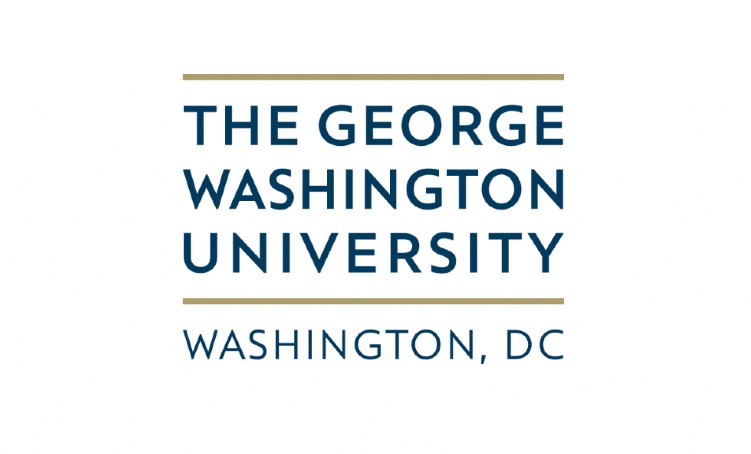WASHINGTON (July 22, 2019)—A new research institute at the George Washington University will fight the rise of distorted and misleading information online, working to educate national policymakers and journalists on strategies to grapple with the threat to democracy posed by digital propaganda and deception.
With a team of researchers spanning political communication, journalism, physics, international affairs, computer science and engineering, the Institute for Data, Democracy, and Politics (IDDP) will be a research hub for tracking the spread of distorted information online, sharing research and hosting events on combating disinformation. IDDP is supported by a $5 million investment from the John S. and James L. Knight Foundation.
“Our nation’s political discourse, our media, and most importantly our democracy, depend on facts,” GW President Thomas LeBlanc said. “With generous support from Knight Foundation, this new institute leverages GW’s strengths convening interdisciplinary teams and using data and research to solve complex challenges facing our nation and world.”
IDDP researchers will produce timely publications about the role of online content related to current events in order to better inform public policy debates. They also will assist journalists in developing stories that help correct distorted public narratives. The institute will use GW’s expanding data infrastructure to examine the spread of information across the internet, including on platforms such as Twitter, Facebook, Reddit and the Russian social network VK.
Steven Livingston, professor of media and public affairs and of international affairs, will be the inaugural director of the institute, which is a cross-disciplinary initiative of GW’s School of Media and Public Affairs. IDDP will bring together GW faculty members who specialize in data analysis and the study of technology and media.
“I am thrilled to have the generous support of Knight Foundation for our essential work,” Dr. Livingston said. “It will allow us to consolidate the efforts of GW’s world-class scholars who share a passion for data-driven research that benefits the well-being of the nation and world.”
Dr. Livingston spearheaded the grant process with SMPA Director Frank Sesno.
“We are dedicated to conducting scholarship and preparing our students for increasingly important and complex challenges,” Frank Sesno, SMPA director, said, adding the institute “reflects the belief that cross-disciplinary research can help us better understand these trends. That knowledge can catalyze action to support fact-based information and democracy itself.”
IDDP will collaborate with the Poynter Institute, a global leader in journalism, and its project PolitiFact, the largest political fact-checking news organization in the U.S. and winner of a Pulitzer Prize.
“Disinformation campaigns are a direct threat to democracy and so by helping train journalists and through our fact-checking expertise the Poynter Institute stands ready to support GW's vital new initiative,” Poynter President Neil Brown said.
The GW institute will work with Poynter and PolitiFact to collaborate on fact-checking research and to conduct trainings for journalists and policymakers to better understand the misinformation landscape of the 2020 elections and how to effectively correct false information with fact-checking journalism.
“PolitiFact is excited to collaborate with the institute to strengthen our fact-checking journalism during a time of heightened political partisanship, increasingly complex digital disinformation and a shrinking number of local journalists,” Angie Drobnic Holan, the editor of PolitiFact, said. “At the heart of our fact-checking journalism is a belief in the importance of providing citizens access to the information they need to govern themselves in a democracy. This collaboration will strengthen our work by providing analytical insights and groundbreaking research on effective fact-checking interventions.”
Scholars at the institute will publish white papers and peer-reviewed research that furthers scholarship in this emerging field of research. The institute also will function as a convener, organizing events including GW’s annual Contentious Narratives conference on disinformation.
Funding for GW’s new institute is part of Knight Foundation’s investment of nearly $50 million to institutions across the country as the foundation aims to develop a new field of research around technology’s impact on democracy. IDDP is one of five new centers funded by the investment, each reflecting different approaches to studying the future of democracy in a digital age.
“The digital spread of misinformation is an unprecedented threat to American democracy,” Sam Gill, Knight Foundation vice president for communities and impact, said. “GW’s new center will enable us to better understand – and tackle – misinformation and other threats to democracy in the digital age.”


